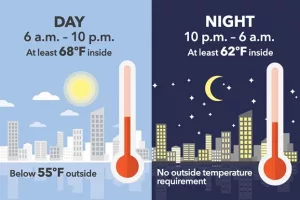Battery Park, Manhattan
Go Back To Previous PageSitting between West Street and the Hudson River at the southern tip of Manhattan, Battery Park remains a residential community only a short distance from the Financial District. Construction began in 1980, and any residents in the area today would agree it was a success.
Battery Park City has a different pace and vibe from other parts of Manhattan. Landscaped squares and paths separate residential buildings, while a riverside promenade runs along the neighborhood’s western edge. Something made even more appealing by the sunset views over and cooled breezes off of the Hudson.
The entire city rejoices in a stroll along the promenade. Thanks to continuing retail and restaurant developments nearby, Battery Park City’s popularity grows.
Ground leases are attractive.
Every building in Battery Park City sits on land owned by an arm of the State of NY. This arm (the Battery Park City Authority) “rents” this land to each condo or coop. However, different buildings have different terms regarding the “rent” escalations, which are usually a buyer’s initial concern.
While land lease buildings (the words “ground lease” and “land lease” are used interchangeably) have rent payments, not land lease properties have mortgages on the land upon with they sit, so those buildings still have payments to make. There are subordinated ground leases and unsubordinated ground leases.
The Sponsor then speaks about the eleven buildings located in Battery Park City that negotiated ground rent resets outside of the appraisal process:
- Hudson View East
- Hudson View West
- Battery Pointe
- Hudson Tower
- Soundings
- Liberty Court
- Liberty Terrace
- Cove Club
- Liberty House
- Liberty View, and
- Regatta
Politics are also at play. Some appointees would like to remain in charge and may need support from Battery Park residents. Again, there are no guarantees.


